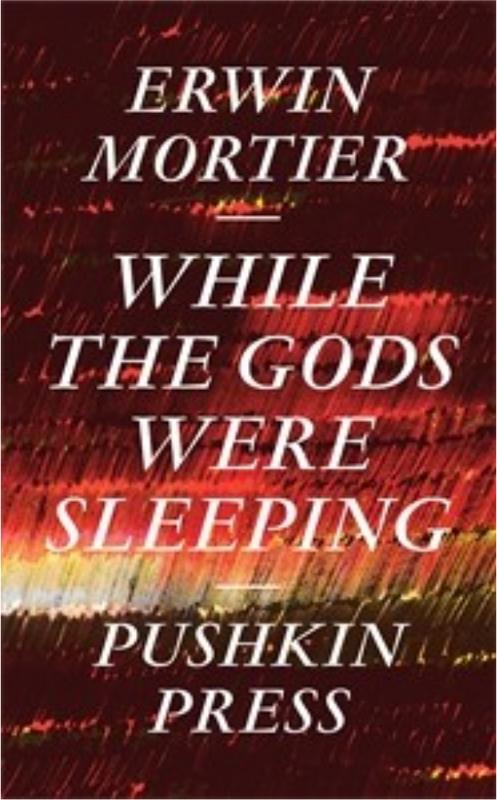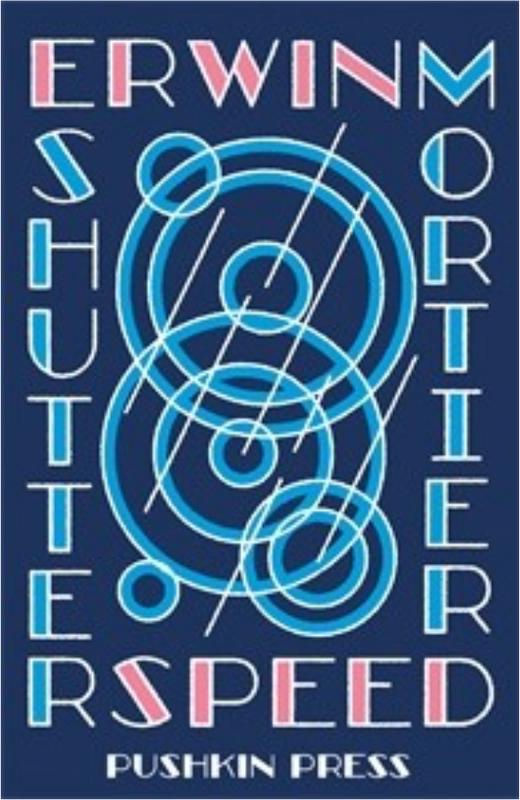Marcel (10 page)
Authors: Erwin Mortier

*
The day was over-ripe. It bathed the treetops in liquid copper, set the roses ablaze against the west-facing wall and tinged the hydrangeas with a deep blue, like the sea.
I followed the winding paths lined with ground ivy and angelica, past the bed of Cape hyacinths tinkling soundlessly in the wind, all the way to the rowan tree at the bottom of the garden, where my own private wilderness was so overgrown by now that it seemed set upon invading the outermost row of potato plants. I pried the lid off the tin, releasing a faint smell of mouldy almond biscuits. There were crumbs on the bottom. From the kitchen came the muffled clatter of cutlery in the sink. The uncles straggled towards the conservatory at the front of the house.
I took the letter from my breast pocket and unfolded it.
“
Molowitz, 28th August 1943
,” it said at the top.
A pair of sparrows flew up from the leafy rowan and perched on a branch of a cherry tree. The geese craned their necks, then thought better of it and subsided into the grass.
Dearest Anna and Cyriel,
Your kind letter has reached me at last. It took more than one month to get here. Russia is a long way away, and the post is not always reliable. This time I received seven letters all at once.
We are quartered in the best building in the village. It’s an old school. The people live in cottages with mud walls, not much bigger than kennels. They are very poor. That just goes to show: not all the stories you hear are propaganda, some of them are the bitter truth.
We spend most of the day lazing in the hot sunshine. We also
have to guard the workers to make sure they reap the harvest on time. They don’t know much about farming. The Ruskies sow their wheat any which way, but the tomatoes are wonderful here. Four, five kilograms per plant, and as sweet as apples.
I’ll tell you more about the place later, as I’m short of writing paper. I’ve got some important news to tell you. They say we will have to take another oath of allegiance shortly. To the Führer himself this time. There’s been some grumbling among the men. I don’t like the idea myself. Veegaete was against it too at first, but changed his mind double quick when we were summoned by the Hauptmann. “Have you turned Politically Unreliable all of a sudden, Norbert?” he asked. “You’ve sworn so many oaths of allegiance already, why balk at this one?”
Veegaete hasn’t shown his face much lately. Ashamed, probably. Anyway, I’ve been transferred. I’m with the Grenadiers now, so I’ll have a good view of the Russians when the fighting starts. And at least I know what I’m fighting for. For Flanders, not for the Moustache. Politically Unreliable indeed! I hope, Cyriel, that you will soon join us. We need you. Men with ideals are thin on the ground here. There are only three or four who know our glorious Flemish songs. I got up a sing-song a while back, which was a great success.
Thanks, Anna, for the photos, I’ve put them all up on the wall by my bed. I keep thinking of the good times we used to have in the homeland, and sometimes I have to stop the memories from getting in the way. Thank goodness there are quite a few men from our part of Flanders in our camp. From Lauwe, Bavel, Welle. We’re all standing firm.
Give my regards to everyone, especially my sister and Henri.
Not all my letters may arrive, you never can tell. It may be some time before you hear from me again. We’ve been given marching orders. The Eastern Front beckons.
A hearty handshake and a warm ‘Hail’ to you all.
Comrade SS Grenadier Marcel Ornelis
Feldpostnummer 01496
E
I folded the letter again and slipped it into the collar of the shirt I had taken from Marcel’s trunk in the attic. I tied the sleeves piously with a rosary given to me by Sister Cécile, which I was glad to be rid of. I stuffed the bundle into the tin and pressed down the lid.
No one had seen me. No one had heard me. Under the trailing vines in the conservatory with its floor of beaten earth the uncles dozed in their wicker chairs. The din in the kitchen had died away. Aunts and nieces would have moved to the parlour by now, putting their legs up unashamedly and nodding off with their buttons half undone to allow for their lunch to settle.
Soon Stella would start cutting the cake and grinding coffee beans, and everyone would wake up. In a moment the entire company would be straggling down the garden paths. The grandfather would sally forth, head high, for all the Colorado beetles had vanished since the day he sprinkled some suspicious looking powder in the watering can.
The uncles had long since lost interest in my little garden, each and every one of them. They would grin, straighten their caps, put their hands in their pockets and turn their backs on my wilderness.
I had no time to lose. I set the biscuit tin at the foot of the rowan tree and seized the trowel. “
In paradisum te deducant angeli
.” I started digging furiously. Rooms aplenty in the earth.
ERWIN MORTIER
(born 1965) made his mark in 1999 with his debut novel
Marcel
, which was awarded several prizes in Belgium and the Netherlands, and received acclaim throughout Europe. In the following years he quickly built up a reputation as one of the leading authors of his generation. His novel
While the Gods Were Sleeping
received the AKO Literature Prize, one of the most prestigious awards in the Netherlands. His latest work,
Stammered Songbook
, a raw yet tender elegy about illness and loss, was met with unanimous praise. Mortier’s evocative descriptions bring past worlds brilliantly to life.

WHILE THE GODS WERE SLEEPING
E
RWIN
M
ORTIER
(trans. Paul Vincent)
The story of the First World War told through the eyes of Helena, a young woman in love with a British soldier, who in her diaries tries to master words in order to describe the indescribable …
“A monumental, phenomenal book”
De Morgen
“Mortier writes so well that you are inclined to see everything else as of secondary importance”
NRC Handelsblad

SHUTTERSPEED
E
RWIN
M
ORTIER
(trans. Ina Rilke)
The debut novel by the great Flemish writer Erwin Mortier, Marcel vividly describes the history of a family in a village, bowed by the weight of history.
“Wonderful”
Trouw
“Beautifully elegiac… a remarkable novel”
Gay Times
Pushkin Press was founded in 1997, and publishes novels, essays, memoirs, children’s books—everything from timeless classics to the urgent and contemporary.
Our books represent exciting, high-quality writing from around the world: we publish some of the twentieth century’s most widely acclaimed, brilliant authors such as Stefan Zweig, Marcel Aymé, Antal Szerb, Paul Morand and Yasushi Inoue, as well as compelling and award-winning contemporary writers, including Andrés Neuman, Edith Pearlman and Ryu Murakami.
Pushkin Press publishes the world’s best stories, to be read and read again.
Pushkin Press
71–75 Shelton Street, London WC2H 9JQ
Original text © 2008 by Erwin Mortier.
In a licence from De Bezige Bij, Amsterdam.
English translation © Ina Rilke, 2001
Marcel
first published in Dutch as
Marcel
by Uitgeverij
J. M. Meulenhoff bv, Amsterdam in 1999
This translation first published in 2001 by Harvill Secker
First published by Pushkin Press in 2014
This ebook edition first published in 2014
ISBN 978 1 782270 86 7
All rights reserved. No part of this publication may be reproduced, stored in a retrieval system or transmitted in any form or by any means, electronic, mechanical, photocopying, recording or otherwise, without prior permission in writing from Pushkin Press
